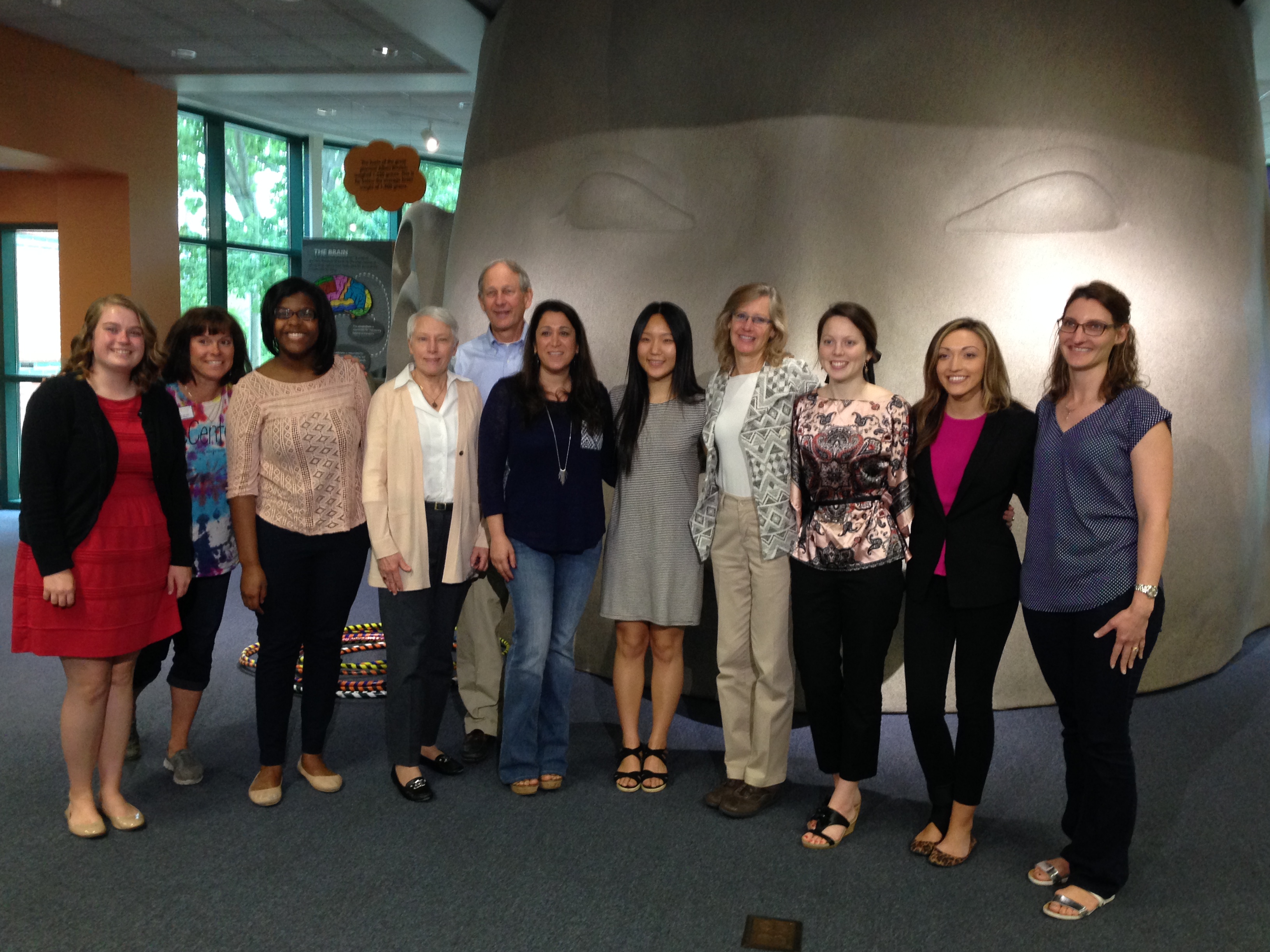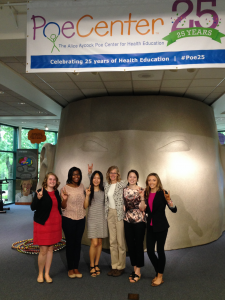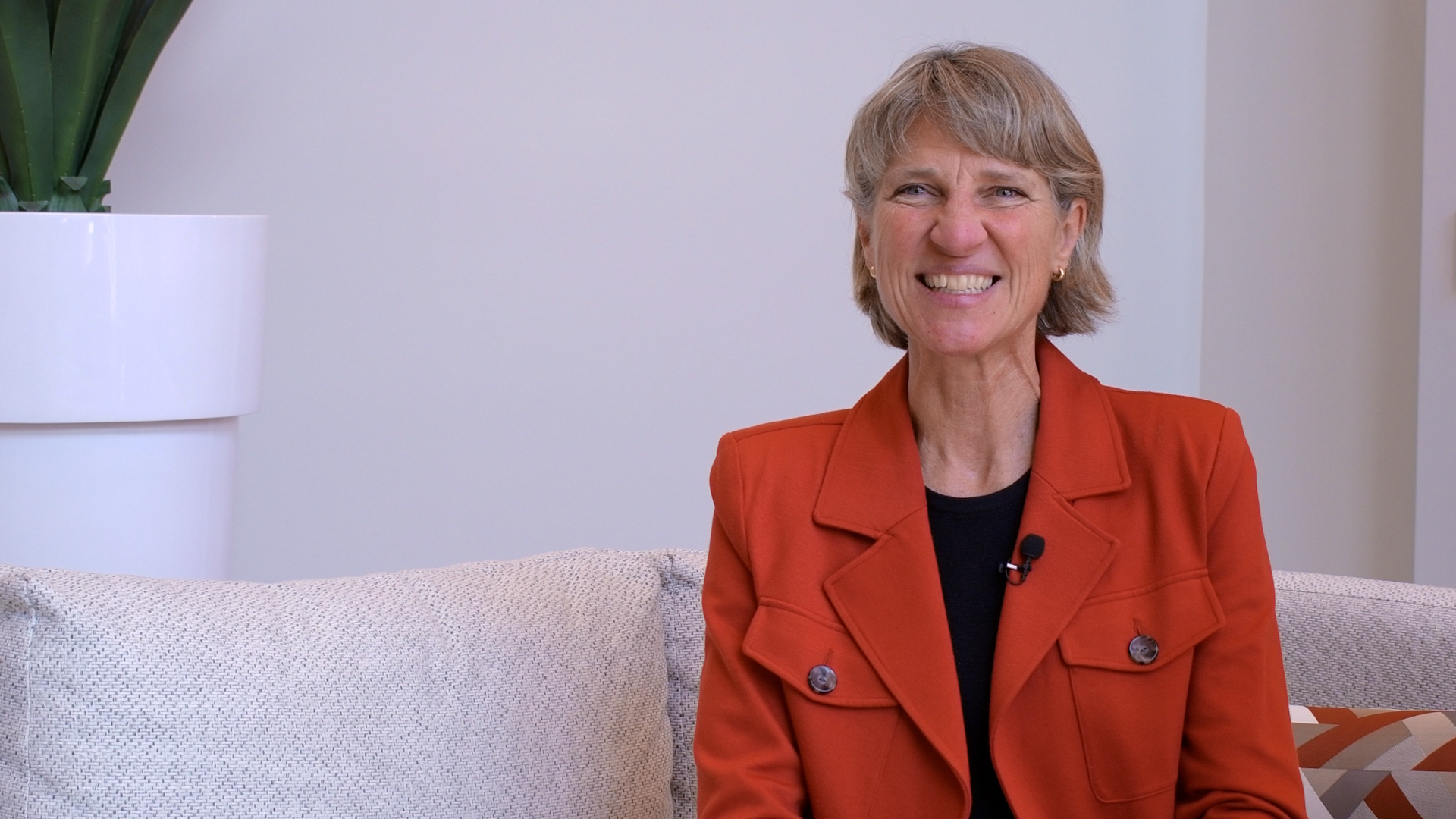5 Questions with Dr. Sarah Carrier about the Importance of Informal Education

Dr. Sarah Carrier is an associate professor in elementary science education. One of her areas of research is informal education— that is, learning that takes place outside of the traditional classroom. We asked Carrier to share more about her research and about ECI 296, a special topics course offered every spring semester.
Tell us about your research regarding the importance of informal education.
My research in informal science education has primarily focused on student learning in the outdoors as a setting for learning science and environmental science. There is a large body of research, including mine, that documents cognitive and affective (attitude) benefits for learning that occurs in informal settings.

What are the advantages of learning science in an informal setting?
Documented benefits of learning in informal settings include increased student motivation, comfort and engagement with content.
Tell us about ECI 296, the informal education course you lead in conjunction with the Poe Center for Health Education.
ECI 296 is a special topics course designed for junior-level elementary education majors, and it is an optional extension of their rigorous elementary education program. NC State’s elementary education program is special because we prepare elementary teachers with a focus in science, technology, engineering and mathematics (STEM). This preparation is unusual as there are few elementary education programs in the country with a STEM focus. Our students are required to take more mathematics and science content courses than most other programs. In addition, they take additional science and mathematics teaching methods courses as well as an engineering education methods course. The Poe Center for Health Education course extends their formal science education preparation to include informal science learning — learning that occurs outside of the formal classroom setting — with a focus on health education. The Poe Center for Health Education supports schools across North Carolina by hosting field trips that help students learn about health issues. The center provides presentations for school groups and families on the topics of: family health, general health, drug education, dental education and Nutrition.

Students who participate in this course observe presentations in each of the five “theaters” and then work closely with Poe Center health educators to develop their own presentations for their chosen health focus.
How does the course prepare students for their careers as science educators?
The students in this course work closely with health educators. They learn about how informal science education facilities support formal instruction by providing school groups from around the state with health education experiences that supplement their formal science education.
What advice would you give to students considering a major in science education?
Elementary school years are the time when students need to develop a solid base of science content and practices for learning about the natural world. Children love science and learning about their lives and their bodies, and this interest provides a clear avenue to engage children’s learning about healthy choices. Elementary teachers can use science to provide real world unifying concepts for their students that cross all subject areas, so future teachers will benefit from having a strong preparation in STEM education.
- Categories:


